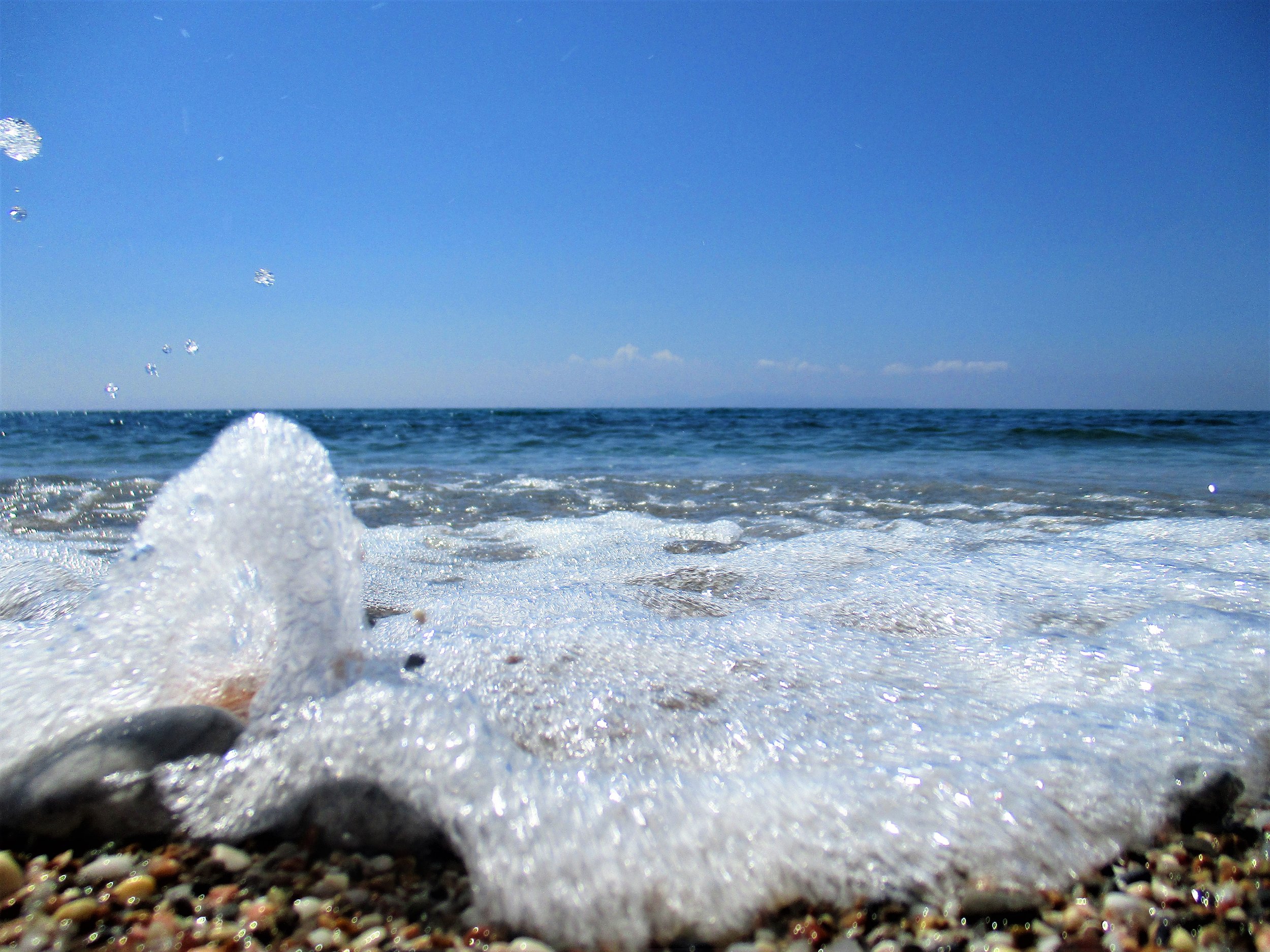Easter in Athens
Glyfadas Beach
This post was originally published May 18, 2017.
At 12 AM on Easter Sunday, I heard a loud bang. My Airbnb hosts were out, so I ran out of my room, tripped over their dog, and fumbled the door handle to get out on the terrace. The bang came from fireworks I couldn’t see beyond the buildings, but below in the streets, people were walking home, holding candles in their hands. The candle flames represent the light of Christ, and after the church services ended at the start of Easter Sunday, people would carry the light back to their homes. I wasn’t staying in a heavily trafficked area, and I wasn’t sure I would see the candle ceremony at all, but at least a hundred people must have walked past.
All the monuments were closed for Easter, but fortunately, public transportation was not. I woke up early to meet some friends, eat breakfast, and make the hour-long tram ride to Paralia Glyfadas, where my feet could meet the shores of the Mediterranean.
Glyfadas is a suburb in Athens, where the millionaires reside with their large boats parked at the piers. The water was clear and the rocks were smooth, albeit large and a bit painful to walk on. Other tourists seemed to share the same idea of making Easter into a beach day, but the shore was still large enough to find our own little spot. I laid on the beach for a while, letting the sun bless me with severe tan lines on my arms and legs.
Being far from the city center, most places were closed. We ended up going into a small café, where we ordered smoothies and sandwiches, then we walked along the pier, counting the stray cats and identifying the wealthiest man based on the size of his boat.
I was sad when Helios dragged his golden chariot across the sky, and I had to leave. At least, I figured, the tram ride wouldn’t be crowded. I was wrong. The tram became packed the stop after mine. One man in desperate need of a shower was leaning against me, while on my other side, there was a couple who were not leaving enough room for Jesus on this very holy day. It was okay though, as I exchanged uncomfortable expressions with my friends across the tram and confused the other passengers when we started to laugh.
An hour later, we seated ourselves at the nearest restaurant, where I ordered chicken gyros and ouzo, the national drink of Greece. About halfway through our meal, the waiter dropped off a red egg for each of us. I was excited, as I had just read about the tradition earlier that day. Orthodox Greeks crack red eggs at dinner on Easter. The red represents the blood of Christ, the hard shell represents His tomb, and cracking it represents His resurrection. A legend states that the eggs also represent those that Mary Magdalene brought to Jesus’ tomb for the other women, and the eggs suddenly turned red when Christ had risen. Either way, I was ecstatic to be included in the tradition and felt there was no better way to end my Easter in Greece than by cracking an egg.




